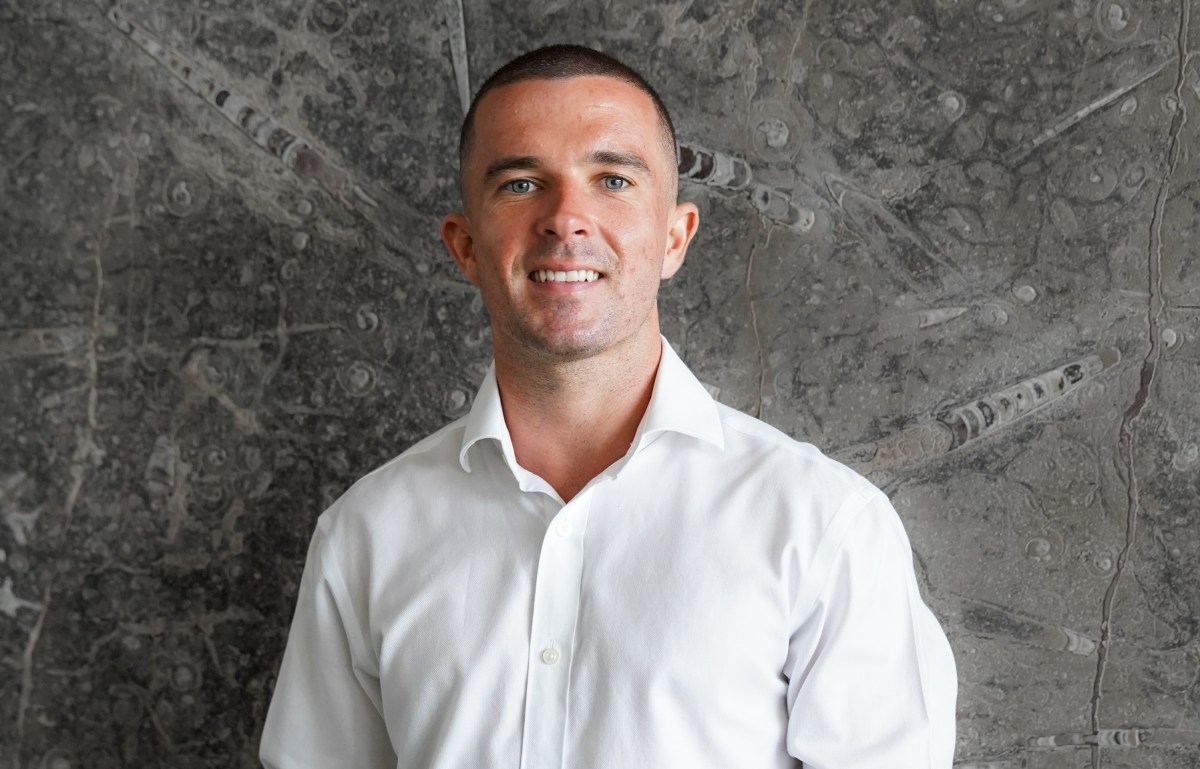As the holiday season approaches, shoppers are gearing up for the annual rush to find the perfect gifts for their loved ones, flocking to shopping centres and bracing the Christmas crowds.
Young tech entrepreneur, Jackson Meyer says this will change when his platform launches on Australian shores.
Fidelity Apps, a new VR platform, has experienced consistent growth since its establishment in 2021. It’s primed to offer a unique and unparalleled immersive, interactive, and social experience for retail businesses seeking to incorporate VR into their shopping interactions. The company aims to provide a virtual reality shopping experience on mobile phones, without the need for headsets.
Meyer says VR will change the way families shop for the Christmas season and is hoping to introduce a new era to the way consumers browse stores this year.
“With the continuing advancements in virtual and augmented reality, we are going to see a new era of shopping. It’s going to revolutionise the way Australians shop. The 2020s have witnessed an unprecedented surge in the adoption of these technologies, fundamentally changing the landscape of retail,” he said.
“VR and AR will provide consumers with convenience and flexibility, particularly during busy sales periods like Christmas. Shoppers can browse an in-store layout and catalogue from the comfort of their homes, reducing the need to visit crowded stores.
“The ability to virtually try on products and visualise them will become a major attraction for consumers, giving retailers the opportunity to offer personalised product recommendations leading to a more tailored and enjoyable shopping journey. Physical stores are evolving and implementing a VR strategy into the business model, consumer or business-facing can add value to the overall shopping experience, both in-store and online.”
VR is expected to generate more than $1.6 billion in revenue by 2025 globally, with over 74% of brands surveyed in 2021 reporting an increase in customer engagement. One study reveals that consumer store experiences through VR have a profound effect on emotional states and perceived store attractiveness, evoking more positive emotions and a happier shopping experience.
“We’ve seen other major retailers like Nike and Ikea adopt a more traditional VR strategy with headsets that has proven beneficial, especially around the Christmas period. I think the introduction of platforms that are more user friendly and that can be used on a phone anywhere, anytime will continue to drive a significant shift in the retail industry,” Meyer said.
Fidelity recently announced strategic partnerships with Cotton On Group and Linen House, marking the first VR company of its kind to introduce a virtual shopping experience of this magnitude to the local market. Both major partners are working with Fidelity on business-facing operations, aiming to launch to the market for all consumers to use via their phone in the coming months.

